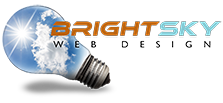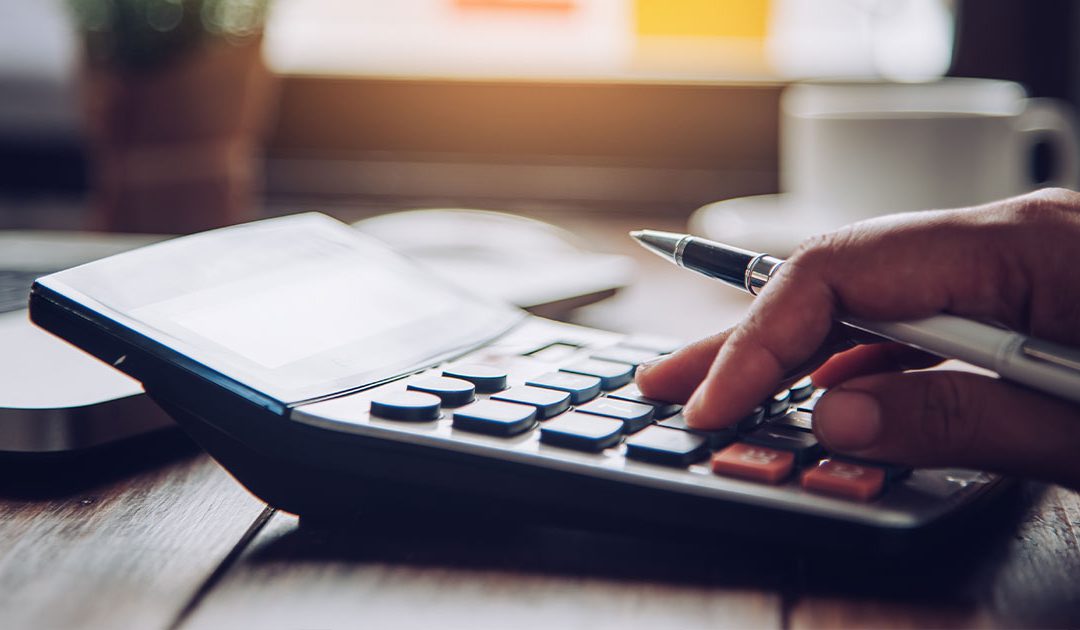Studies show that if a website takes five seconds to load, more than 30% of the visitors will likely leave. For websites that can load between one and three seconds, they lose about 20% of their visitors. Can you imagine what happens when your Tampa web design needs 10 seconds to load? A whopping 100% of your visitors will leave and browse to another site. For websites, it is a catastrophe.
If your website is currently a slowpoke, you need to do some things to improve its performance. It is not going to be easy. It is not going to happen overnight. You need to do it to at least recover some of your lost visitors, as well as to achieve at least a five-second loading time for your webpage (you can work on bringing that time down later, but this should be okay for now).
Compress Your Images
The number one source of slow-loading time for your webpage is the number of images that it contains. To optimize your images, you need to compress them. On average, you can save about 50% or more on image size by a simple compression tool. There are tons of plugins available on the web to compress your images. Choose the best one that suits your site.
Use Browser Caching
When a user opens your website, it loads its images, text, and page elements from another source before dealing with the heavy HTML and coding. Each time your website is opened, this process happens all over again. The process takes longer and your website’s loading speed gets affected. Browser caching will remember previously loaded elements so that the site won’t have to load these again for a user that’s already been on your site before.
There’s also a plugin that you can use to do it. You don’t have to be an expert in browser caching to implement this strategy.
Clean Up The Code
You need to minimize your HTML code. Sometimes, the code gets unnecessarily duplicated and that leads to slow-loading Tampa web design. Cleaning your HTML involves fixing the code, formatting and removing unused code, and shortening the code as much as possible. This will have a huge impact on your website’s performance. Fortunately, there is also a tool and plugin for this task.
Your website’s loading speed has a huge impact not only on conversion and bounce rates, but also on your site’s ranking on search engines such as Google, Yahoo, and Bing.


Recent Comments